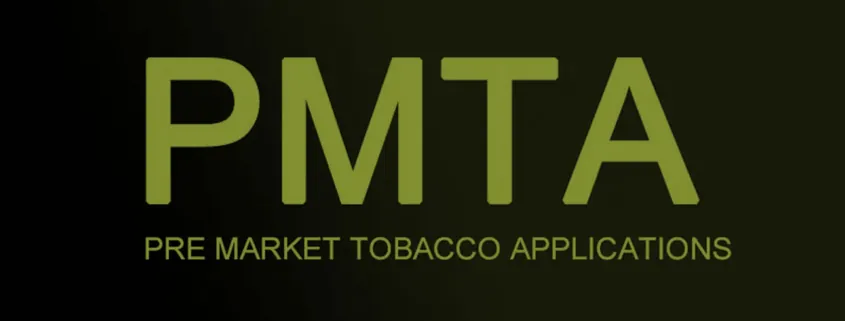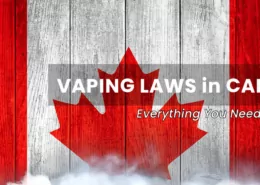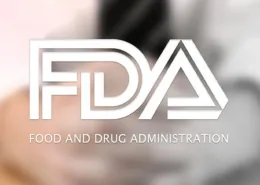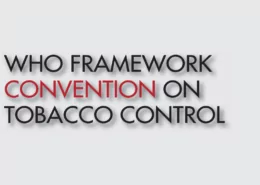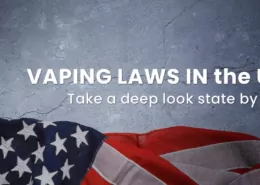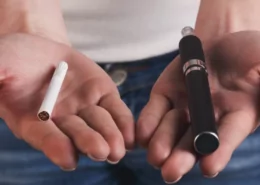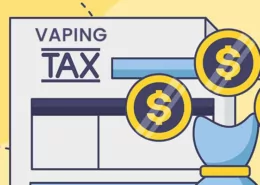PMTA Registry Bills Ban Flavored Vapes, Spread Across U.S.
In recent months, several U.S. states have taken steps to implement PMTA (Premarket Tobacco Product Applications) registry bills, which effectively ban the sale of flavored vaping products. These bills aim to restrict legal sales to only those products that have been authorized by the Food and Drug Administration (FDA) or are currently undergoing the PMTA process.
Virginia and Iowa Latest to Pass PMTA Registry Bills
Virginia has recently confirmed a ban on flavored vapes, albeit with a one-year delay in enforcement. Meanwhile, Iowa awaits Governor Kim Reynolds’ decision to sign or veto similar legislation passed by the state legislature in April.
These developments follow in the footsteps of Alabama, Louisiana, and Oklahoma, which already have PMTA registry bills in force. Kentucky, Utah, and Wisconsin are set to implement their own laws in 2025, although a lawsuit is challenging the Kentucky legislation. According to a report by Ecigator, legislators in approximately 20 other states are currently considering similar bills.
Controversy Surrounds PMTA Registry Bills
Supporters of PMTA registry bills argue that they protect consumers from unregulated products and curb youth vaping, often attributed to the availability of flavored vapes. They claim to have received backing from local business owners who want clarity on the legality of the products they sell.
However, opponents of these bills, including tobacco harm reduction advocates, criticize the PMTA process as excessively burdensome and opaque. They argue that it is easier to bring new cigarettes to market than to gain authorization for safer vaping alternatives that can help people quit smoking.
To date, the FDA has not authorized a single non-tobacco flavored vaping product, rejecting millions of applications in what critics say amounts to a blanket anti-flavor policy. The few authorized vaping products are manufactured by tobacco companies, which are supporting PMTA registry bills. Critics argue that this support is an attempt by tobacco companies to dominate the market at the expense of smokers seeking to quit.
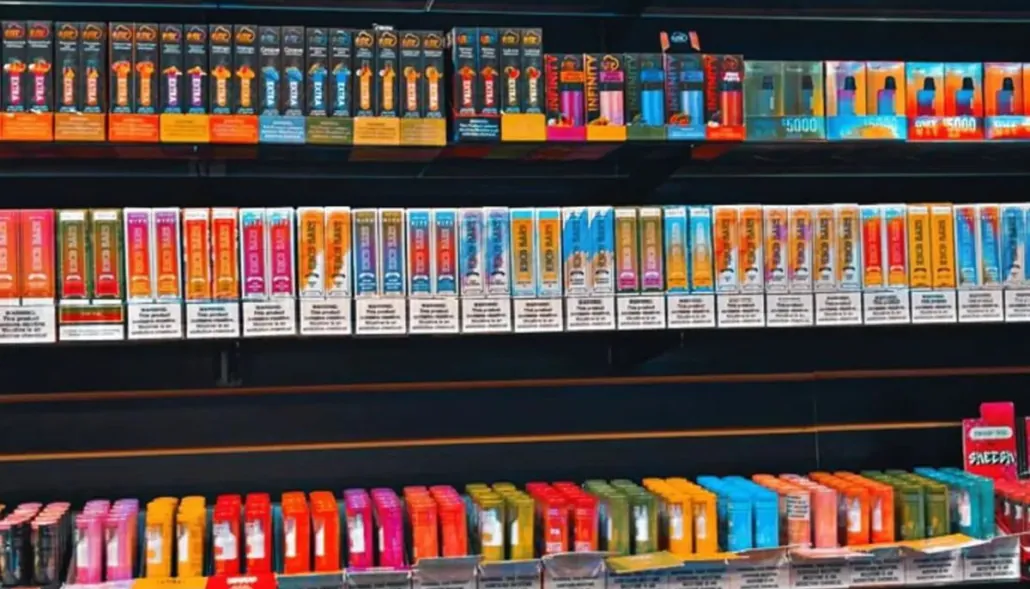
Small Businesses and Smokers May Suffer
Opponents of PMTA registry bills warn that small businesses and smokers wishing to quit will be adversely affected by the implementation of these laws. Economic research firm John Dunham and Associates predicted job losses for over 1,800 Virginians and economic losses of over $250 million for the state if flavored vapes are removed from shelves. Small businesses also face fines of $1,000 per day for each unsanctioned product they sell.
Skip Murray, a former vape shop owner and tobacco harm reduction advocate, emphasizes the importance of specialized vape shop staff in providing support and advice to those looking to switch from cigarettes to vaping. Murray argues that the PMTA process was one of the reasons her shop had to close in 2021, along with the spread of misinformation about the safety of vaping compared to smoking.
The Role of Flavors in Smoking Cessation
Research has indicated the importance of flavors for people transitioning from cigarettes to vapes. Many former smokers attribute their success in quitting to finding the right vape flavor. Most adult vapers prefer flavors other than tobacco.
Tobacco giant Altria, which recently purchased NJOY, a company with FDA-authorized vaping products, supports PMTA registry legislation. The company claims that Virginia’s bill will provide businesses with clarity on what is permissible to sell and is a meaningful step towards addressing the sale of illicit vapes.
However, critics argue that tobacco companies stand to benefit from these bills at the expense of small businesses and public health. Past research has found that cigarette sales increase following state or local vape flavor restrictions.
Challenges and Criticisms of the PMTA Process
The FDA has faced heavy criticism from tobacco harm reduction advocates for rejecting millions of PMTA applications. They argue that the bar for submissions is set so high that only the largest companies with substantial financial and scientific resources have a chance of receiving authorization.
Despite the challenges involved in the PMTA process, some lawmakers, such as Virginia Delegate Rodney Willett, maintain that it is important due to the influx of unregulated and untaxed vaping products from China.
However, Gregory Conley, director of legislative and external affairs for the American Vapor Manufacturers trade organization, argues that most legislators do not understand the true impact of PMTA registries. “They think they are fighting Chinese scofflaws, but really they are making life worse for their own voters,” Conley states.
As more states consider and implement PMTA registry bills, the debate surrounding their impact on public health, small businesses, and individual smokers seeking to quit continues to intensify.
- Florida Vape Sales Soar, But 90% of Disposables Illegal - May 11, 2024
- Geek Bar Pulse vs. Flum Pebble: Who isthe Winner - May 9, 2024
- Nepal Government Initiates Process to Ban Vape - May 8, 2024

